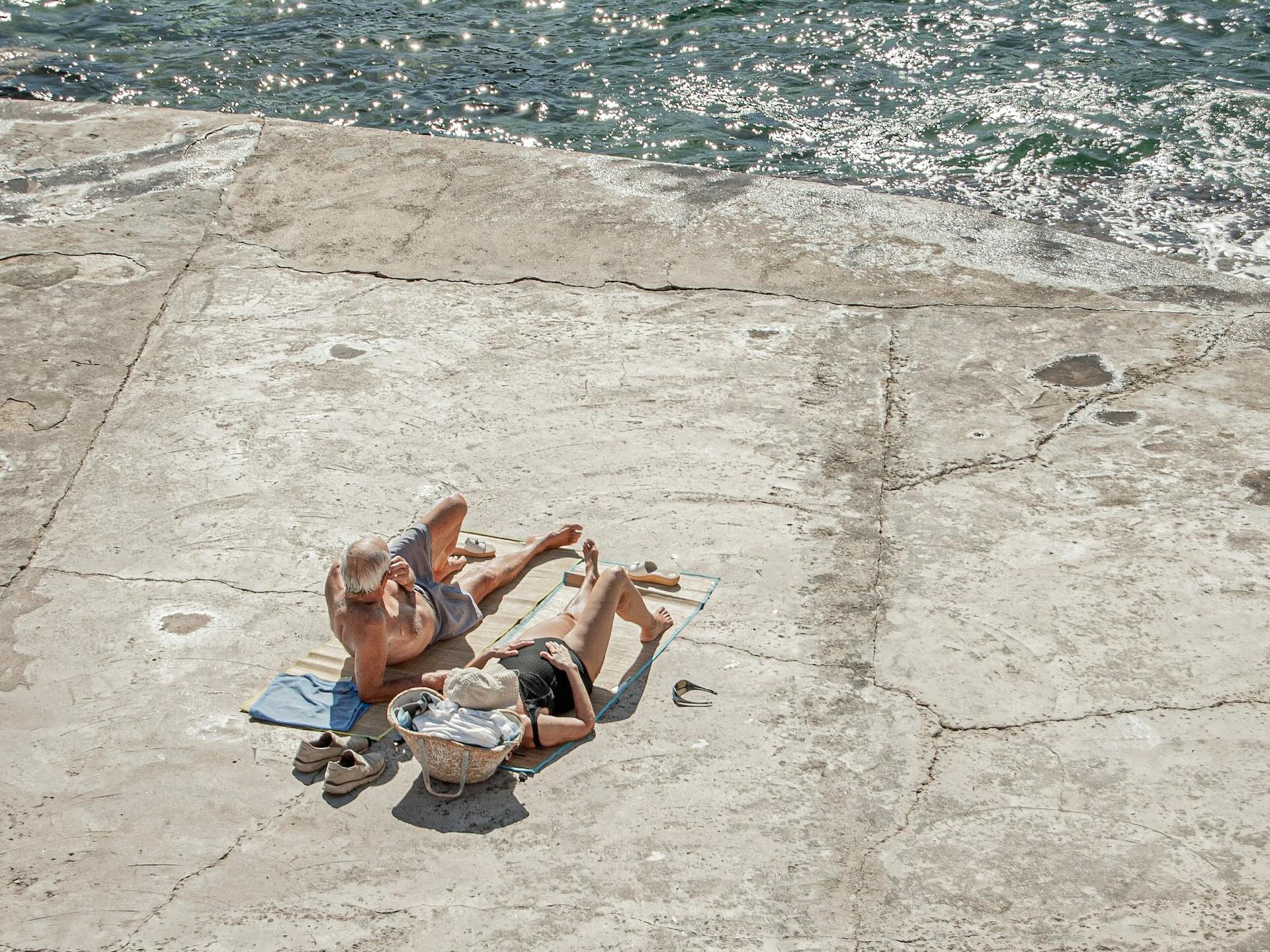
Washington, DC, June 20, 2024 (PAHO) – With more than 9.3 million cases of dengue, Latin America and the Caribbean currently reports double the number of registered cases in all of 2023, according to the latest epidemiological update issued this week by the Pan American Health Organization (PAHO). However, the fatality rate remains below the regional goal of 0.05%.
«Although we observed a notable increase in the number of dengue cases in the region this year, it is important to highlight that the proportion of cases that progress to death remains low thanks to the efforts of the countries and the support of PAHO,» stated the Director of PAHO, Jarbas Barbosa. “This situation highlights the importance of maintaining surveillance, strengthening prevention and control measures, and guaranteeing timely medical care,” he added.
So far in 2024, Latin American and Caribbean countries have reported more than 9,500 cases of severe dengue (0.10%) and just over 4,500 deaths (rate of 0.048%).
Compared to the same period in 2023, all countries are recording increases in cases. This increase can be attributed to various factors, among which the changes and territorial expansion of the Aedes aegypti mosquito, its main vector, stand out. This mosquito has expanded its reach to areas where it was not previously present, favored by phenomena such as El Niño and climate change.
Furthermore, rapid unplanned urban expansion and population growth, combined with poor water and sanitation services, have created conditions conducive to the proliferation of mosquitoes in discarded objects and containers that accumulate water.
Likewise, the limited contact between humans and the dengue virus, due to decreased exposure due to confinement measures and travel restrictions installed during the COVID-19 pandemic, may have increased the number of susceptible people, which which would have favored the transmission of the virus.
PAHO works closely with the countries and territories of the region to implement comprehensive dengue prevention and control plans. These plans are based on the PAHO Integrated Management Strategy for the Prevention and Control of Arboviruses adopted by the Member States of the Organization since 2003, and which includes intersectoral coordination, strengthening of epidemiological surveillance, and improvement. of timely clinical management, and integrated management of Aedes aegypti, with a transversal focus on communication and community participation.
To strengthen the capabilities of health personnel in the clinical diagnosis and management of dengue, PAHO has supported in-person and virtual training – through its Virtual Public Health Campus– which have benefited more than 430,000 medical and nursing professionals and students in the region.
As the peak season of dengue circulation in the northern hemisphere approaches, PAHO urges countries and territories to redouble their efforts to detect, prevent and treat cases. Additionally, it recommends people seek immediate medical attention for any warning signs and take personal protective measures to avoid mosquito bites.
PAHO also invites countries and the community, especially in Central America and the Caribbean, to join the Mosquito Action Week. Under the motto United for health, this initiative seeks to raise awareness and involve the population in the prevention and control of dengue and other diseases transmitted by mosquitoes.






